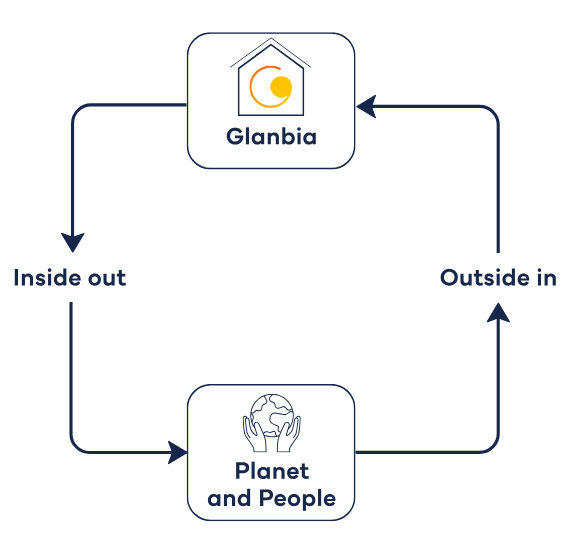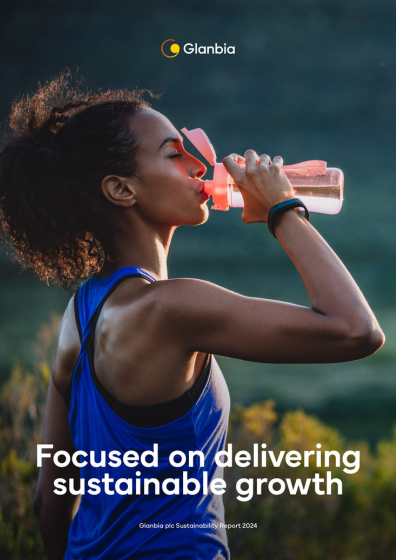How we identified and assessed our IROs
How we identified and assessed our IROs
We compiled a comprehensive list of actual and potential impacts, risks, and opportunities (IROs) using ESRS topics, expert input, and stakeholder engagement. We took into consideration our operations, value chain, existing frameworks, risk registers, and peer analysis.










